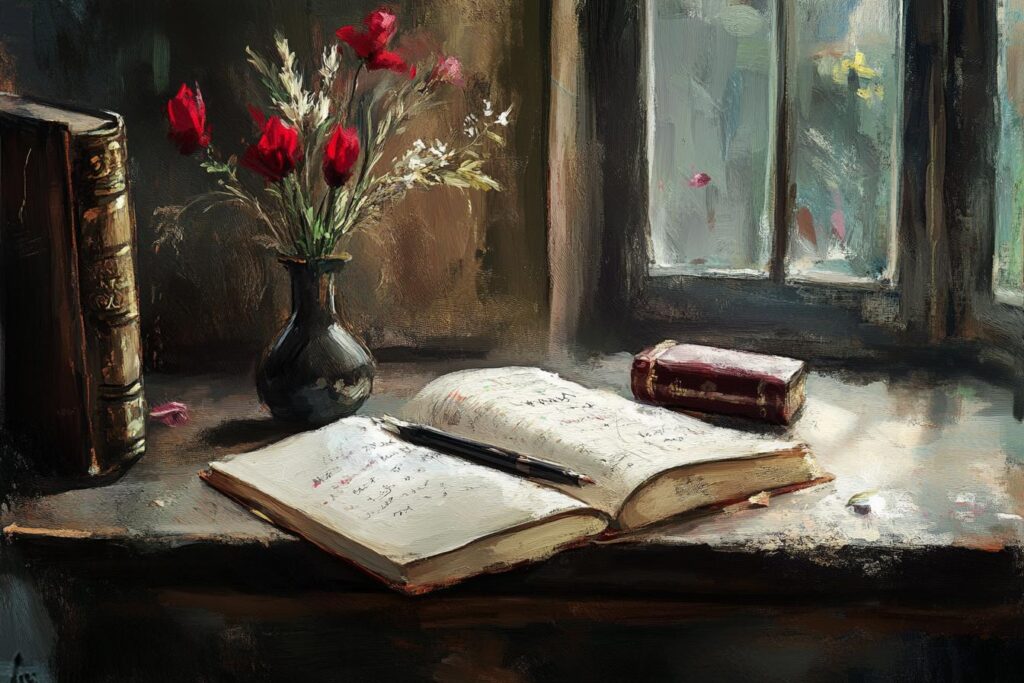Poets often break grammatical rules to achieve a specific effect or to create a certain rhythm or sound. For instance, they might use unconventional syntax to emphasize a particular word or phrase, or they might employ enjambment, which is the continuation of a sentence or phrase beyond the end of a line, to create a sense of momentum or flow. Sometimes, poets even choose to use incorrect grammar intentionally to highlight a character’s dialect or to create a sense of authenticity. Think of the way a character in a play might speak in a way that is not grammatically correct to reflect their background or personality.
Beyond these specific techniques, poets often break grammatical rules to challenge the norms of language and to express themselves in a way that is both creative and meaningful. By bending the rules, poets can create a sense of surprise, wonder, or even discomfort in the reader, forcing them to engage with the poem on a deeper level. After all, if a poem followed all the rules of grammar, it might be predictable and lack the power to truly move us.

1. Why Do Poets Break Grammatical Rules
Poets break grammatical rules for a variety of reasons, often to create a specific effect or to emphasize a particular idea. For example, poets might use unusual word order or syntax to create a sense of surprise or to highlight a particular image. They might also use unconventional punctuation to create a sense of rhythm or to emphasize certain words. Ultimately, poets break grammatical rules to make their writing more interesting, more powerful, and more meaningful.
Beyond creating a specific effect, poets sometimes break grammatical rules to challenge traditional norms or to express a unique perspective. By experimenting with language and syntax, poets can push the boundaries of what is considered “correct” and create new ways of understanding the world. This can be particularly important for poets who are trying to express experiences or ideas that are difficult to articulate using traditional language.
2. To create rhythm and sound
Poets often break grammatical rules to achieve a specific rhythm or sound in their work. For example, they might invert word order, use unusual punctuation, or even create new words to enhance the flow and musicality of their lines. This manipulation of language allows poets to create a unique auditory experience for the reader, drawing attention to specific sounds and creating a sense of movement or emphasis.
Beyond mere sound, rhythm plays a crucial role in conveying meaning and emotion. A poet might use a fast, choppy rhythm to depict a frantic scene, or a slow, deliberate rhythm to emphasize solemnity or reflection. By controlling the rhythm and sound of their lines, poets can create a deeper connection with the reader, allowing them to experience the poem not just intellectually, but also emotionally.
3. To emphasize meaning
Poets often bend the rules of grammar to draw attention to specific words or phrases and amplify their impact. For instance, they might use unusual word order, like placing an adjective after the noun it modifies, to create a jarring effect that highlights the adjective’s significance. This disruption of normal syntax forces the reader to pause and consider the meaning of the words more carefully.
Furthermore, poets can use grammatical errors strategically to evoke a specific feeling or tone. For example, a sentence fragment can create a sense of urgency or immediacy, while a misplaced modifier can highlight the speaker’s confusion or disorientation. By breaking the rules, poets can create a more powerful and memorable experience for the reader.
4. To create unique voice
Poets often break grammatical rules to craft a distinctive voice that sets their work apart. They might play with syntax, sentence structure, or punctuation to achieve a specific effect. For instance, a poet might choose to use fragments or run-on sentences to create a sense of immediacy or urgency. Alternatively, they might employ unusual punctuation to highlight a particular word or phrase, drawing the reader’s attention to its significance. This deliberate manipulation of grammar allows poets to express their ideas in a way that feels both fresh and personal.
Beyond simply breaking rules, poets use these techniques to create a unique rhythm and flow to their language. By bending the rules of grammar, poets can emphasize certain words, create unexpected pauses, and make the reader slow down and pay close attention to the meaning behind the words. This deliberate manipulation of language allows poets to create a distinct and memorable voice that resonates with readers.
5. To evoke emotion
Poets often break grammatical rules to create a specific emotional effect. For example, they might use fragmented sentences to convey a sense of urgency or disorientation. Or, they might employ unconventional punctuation, such as dashes or ellipses, to create pauses or emphasize certain words. These techniques disrupt the flow of language and draw attention to the emotional impact of the words.
Furthermore, poets might use unconventional syntax to create a sense of surprise or even confusion. This can force the reader to slow down and think about the meaning of the words more carefully. As a result, the reader experiences the poem on a deeper emotional level, connecting with the poet’s feelings and engaging with the poem’s message in a more profound way.
6. To challenge conventions
Poets often break grammatical rules to challenge the established norms of language and to express themselves in new and innovative ways. They might deliberately use unconventional syntax or punctuation to create a sense of urgency, surprise, or even dissonance. This rebellion against traditional structures can be seen as a way for poets to push the boundaries of language and to explore its possibilities. By breaking the rules, they can draw attention to the power of language itself and to the ways in which it can be used to create meaning and to evoke emotion.
Furthermore, challenging conventions can also be a way for poets to connect with their audience on a deeper level. By using language in a way that is unexpected or even jarring, they can force readers to slow down, to pay attention, and to think critically about the words on the page. This kind of engagement can lead to a more profound and lasting understanding of the poem’s message. In essence, by defying the norms of grammar, poets can create a more meaningful and impactful experience for their readers.
Conclusions
So, you see, poets aren’t just trying to be rebellious when they break the rules of grammar. They’re actually using these “mistakes” as powerful tools! They bend the rules to make their poems sing, to highlight important words, and to create a voice that’s all their own. They even use them to make you feel something deep inside. By challenging the way we normally talk, poets open up a whole new world of meaning and emotion. It’s pretty cool, right?

